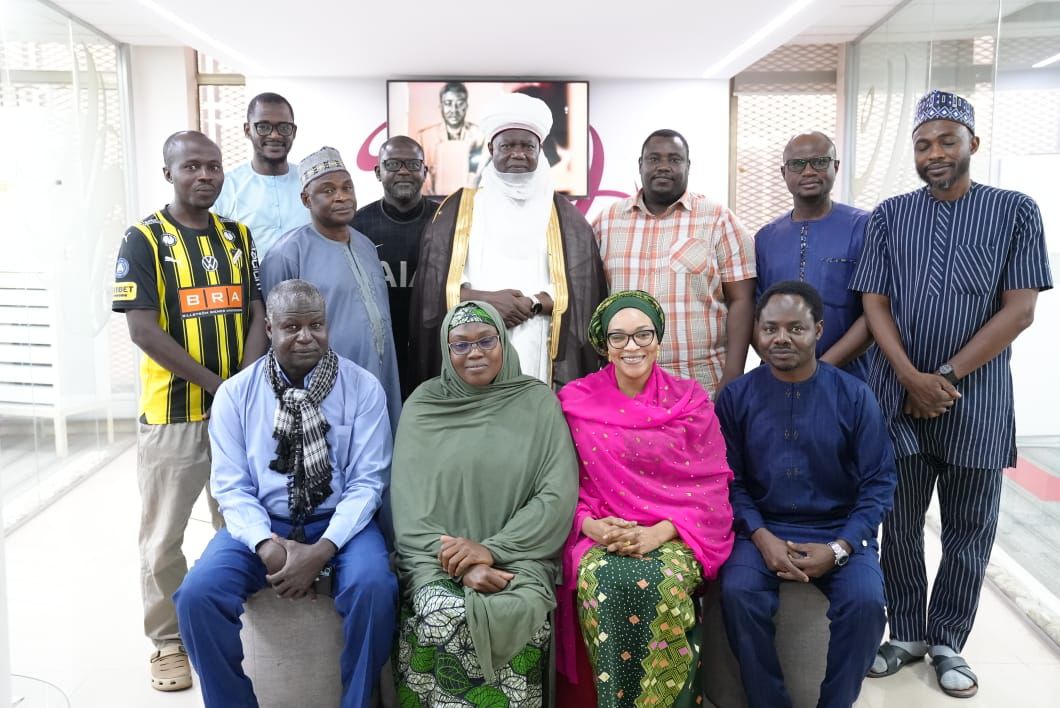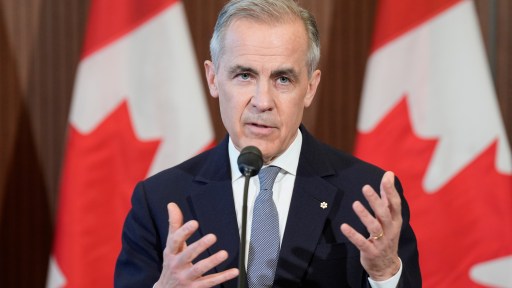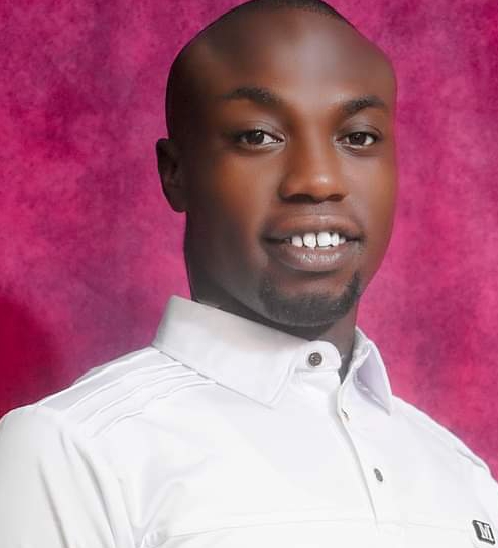The Tragedy of a General’s Death and the Cost of Reckless Reporting By Olaitan Adesina
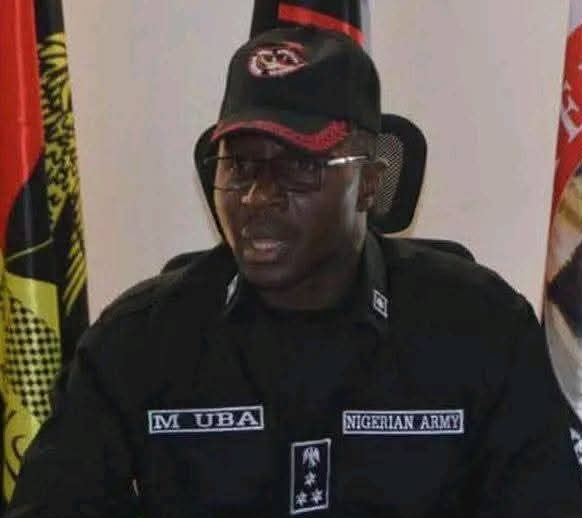
The Tragedy of a General’s Death and the Cost of Reckless Reporting
By Olaitan Adesina
With Brigadier General Musa Uba’s death, Nigeria did not just lose a senior military officer; we lost a man whose life might have been saved had some individuals remembered that national security is not a plaything for newsroom ratings or social media engagement. And as we struggle to process this needless tragedy, one question confronts us with unsettling clarity: when journalism becomes a danger to the very society it claims to inform, who holds it accountable?
The report of General Uba’s missing in action status should have been a moment for restraint. Instead, it became a race among media houses to break news that was, by every standard of responsible journalism, too sensitive and too fluid to publish without considering the consequences. The Nigerian military denied that he was missing and they did so for reasons that any editor with a basic understanding of operational security should have grasped instantly. While efforts were underway to extract him safely, some newsrooms were busy contradicting the very people trying to protect him. Their actions inadvertently broadcast information that could compromise his last chance at survival.
It was not difficult to foresee the consequences. Anyone who does a perceptive analysis, will realize the risks of conflict reporting that prioritises speed over responsibility. Terrorists read the news too. They live on the same information grid as the rest of us. If actions taken by ISWAP were influenced by media disclosures about the General’s status, then the publishing of that information helped the enemy locate a wounded man fighting for his life.

This should haunt us.
The military attempted to manage the narrative to buy time. Instead of cooperation, they got public accusations from certain quarters claiming dishonesty, as though the rescue of a senior officer were a routine administrative task. The disconnect was jarring. Soldiers were risking their lives in an active conflict zone while some editors risked someone else’s life for the thrill of a headline.
Let us be clear. Those who leaked sensitive information about General Uba’s status and the newsroom that amplified it without a moment of reflection share moral responsibility for what happened. In any serious country, compromising the rescue operation of a military officer in an active conflict zone would lead to investigations, suspensions, and criminal prosecutions. Nigeria should be no different. Freedom of the press is not freedom to endanger lives. The public’s right to know does not supersede a person’s right to survive.

This tragedy must mark a turning point. Journalism is not only about telling people what has happened. It is about knowing when to tell it, how to tell it, and whether telling it at all could put a human being in danger. Responsible journalism requires judgment. It requires editors who understand that not every truth must be told immediately and that withholding information can be an act of patriotism rather than censorship.
We cannot continue like this. When newsrooms act as unwitting intelligence amplifiers for terrorist groups and when internal saboteurs hiding behind anonymity feed them operational details that should never see daylight, the result is what we have witnessed in the past few days. The people who leaked General Uba’s status to the media should face the full weight of the law. The media house that published it should publicly account for the editorial failure that contributed to this outcome. Actions must have consequences or this deadly cycle will repeat itself.
General Uba died serving a country that could not protect him from its own reckless information ecosystem. His family now carries a grief that should have been avoidable. As the nation mourns another hero felled in the long and exhausting war against terrorism, we owe it to him and to every soldier still in the field to ensure that this never happens again.
Nigeria is not at war with itself. Nigeria is at war with terror groups that kill indiscriminately and are indifferent to ethnicity or creed. When reckless reporting compromises security operations, we unwittingly strengthen the very forces trying to tear the country apart.
For the sake of the living and in honour of the dead, we must insist on responsible journalism. We must prosecute those who leak life threatening information. And we must demand that our media houses rediscover the discipline, ethics, and sense of duty that this moment demands.
General Uba has paid the ultimate price. The least we can do is ensure that no soldier’s fate is ever sealed by the very society he swore to defend.
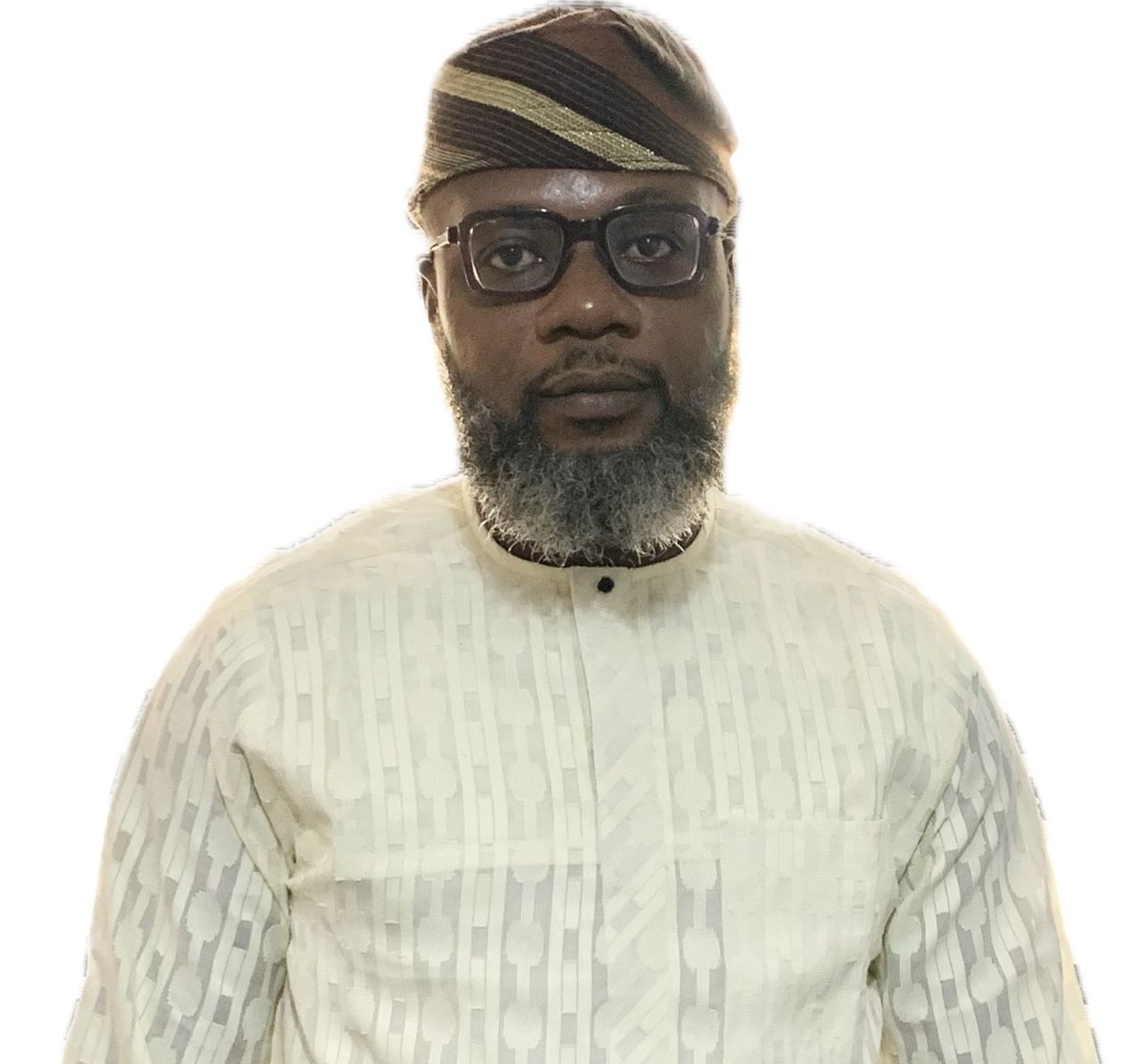
Olaitan Adesina is a writer, poet and social commentator. He writes from Akure, Ondo State.


